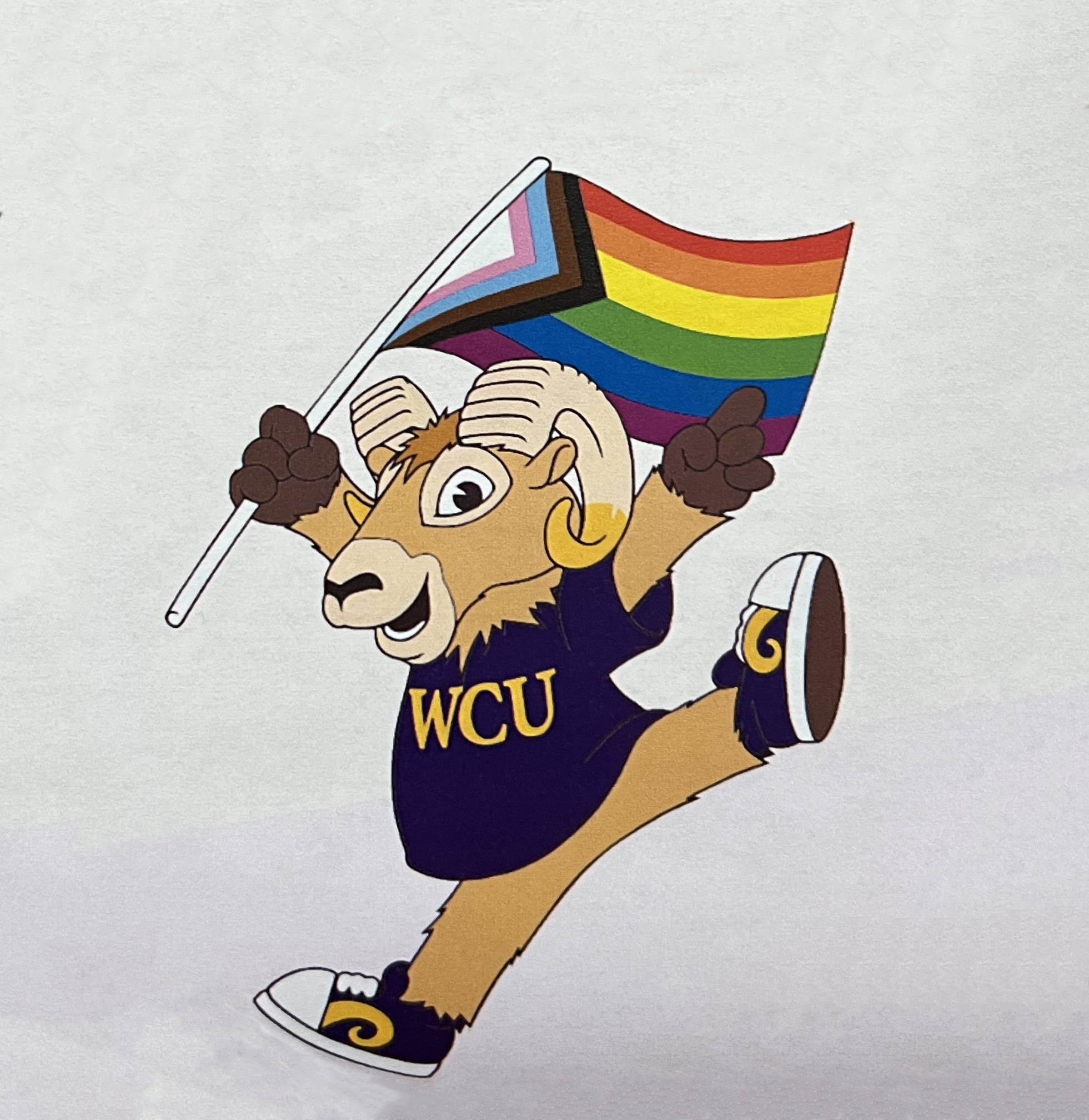Photo Credits – Center for Trans and Queer Advocacy at WCU
There are several concerns that arise when asked, “What can you possibly do with a degree in Women’s and Gender Studies?” The question comes across as passive-aggressive, as a threat. Women’s and Gender Studies is an overlooked category of majors, as people assume that it is useless. They do not know how far back these courses go, how in-depth the lectures and readings are.
Sam Rinaldi, a Women’s and Gender Studies major with a minor in Sexuality Studies, shares her input on the indifferent feelings surrounding her major: “I actually very strongly believe that anyone who thinks this major is useless and or foolish should push themselves to take an intro level class.” Rinaldi says that the introduction course, Introduction to Women’s and Gender Studies, opened up her eyes to not only feminism, but also to different concepts such as intersectionality, identities, violence against women and the difference between biological sex and gender.
There are people who still believe that gender equals biological sex or that feminism is just for women. These are the same people who claim that this major is useless, or that they “don’t understand” why it even exists. Rinaldi backs this up by saying, “When someone asks me what I’m majoring in, 99% of the time I can predict exactly what the response is going to be. It is usually an eye roll or a small laugh…” This type of response is typical for people who are unwilling to understand how Gender Studies courses are relevant to our society, now more than ever.
Gillian Barrie, an Interdisciplinary Studies major with minors in Women’s and Gender Studies and Military Science, shares similar input on identity and representation: “In regards to someone else’s identity, that is solely their own, and others should at least be able to accept it, even if they don’t understand.” Identity is another topic with several issues surrounding it; it seems that even though West Chester claims to be “diverse and inclusive,” there are people who still do not accept other people’s identities. Homophobia and transphobia still exist here –- hatred which is hidden under mumbles, eye rolls, judgmental stares and glances.
Gillian furthers her point: “Sometimes, unacceptance is just due to ignorance, so if we can educate people properly, we can begin to fix the refusal of acceptance.” Students should not be forced to take Gender Studies courses, she says, but it is encouraged that they do. Taking these courses — even just the introductory course — can open up people’s minds to the reality that we are living in. Being aware of what is really happening can be a wonderful thing.
As a feminist and a genderqueer lesbian, I find comfort in knowing that there are other students who I can fall back on in my minor. There are times when I am self-conscious about who I am because I often feel out of place in certain situations on campus. It is hard to explain to someone who does not understand what being genderqueer is, or that it also falls under the transgender umbrella, or why people use they/them pronouns.
Ignorance is bliss, which is why students should consider taking at least one Gender Studies course. You do not have to agree with everything that is taught — you aren’t supposed to. But being educated on topics that are relevant to what is going on in our world would be beneficial for everyone. If not, then do your research. You can always make yourself into a better person.
Kayla Redfern is a third-year English major with a minor in Women’s and Gender Studies. KR983550@wcupa.edu

